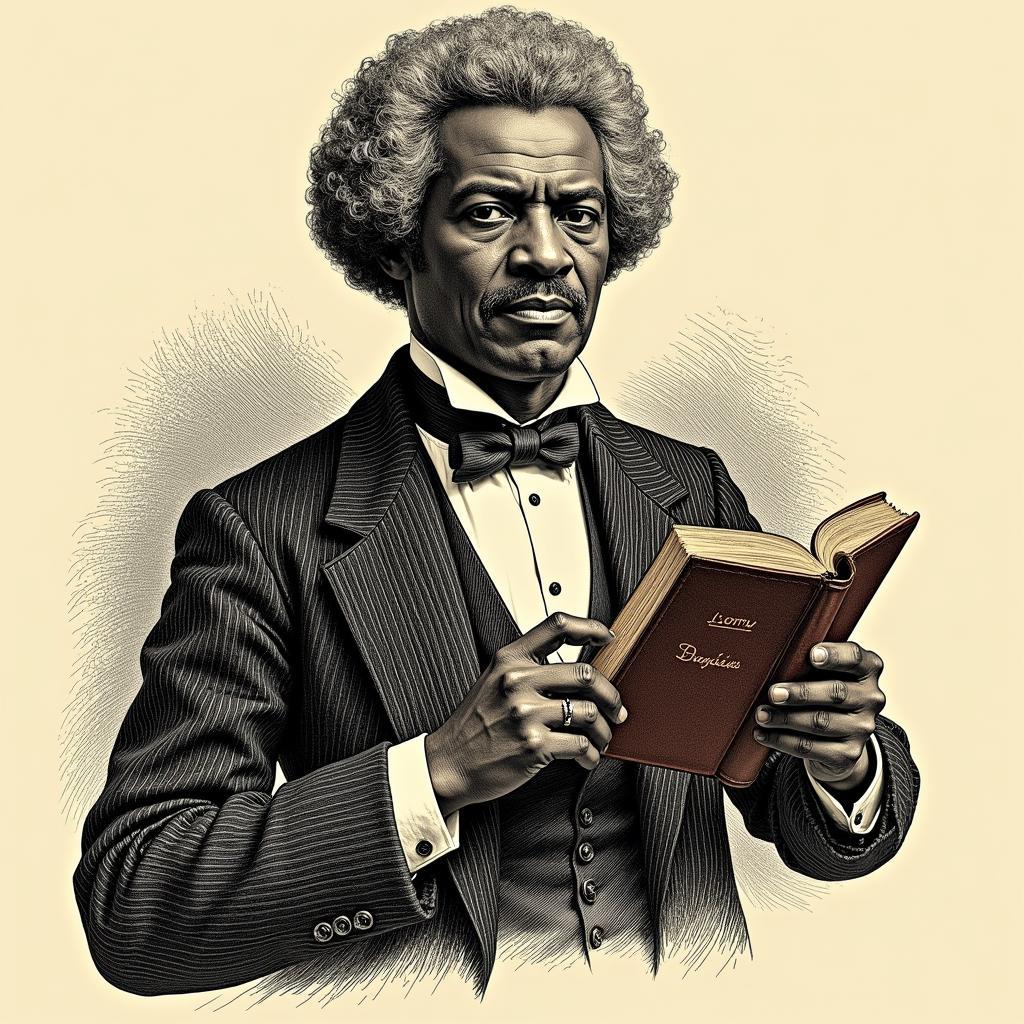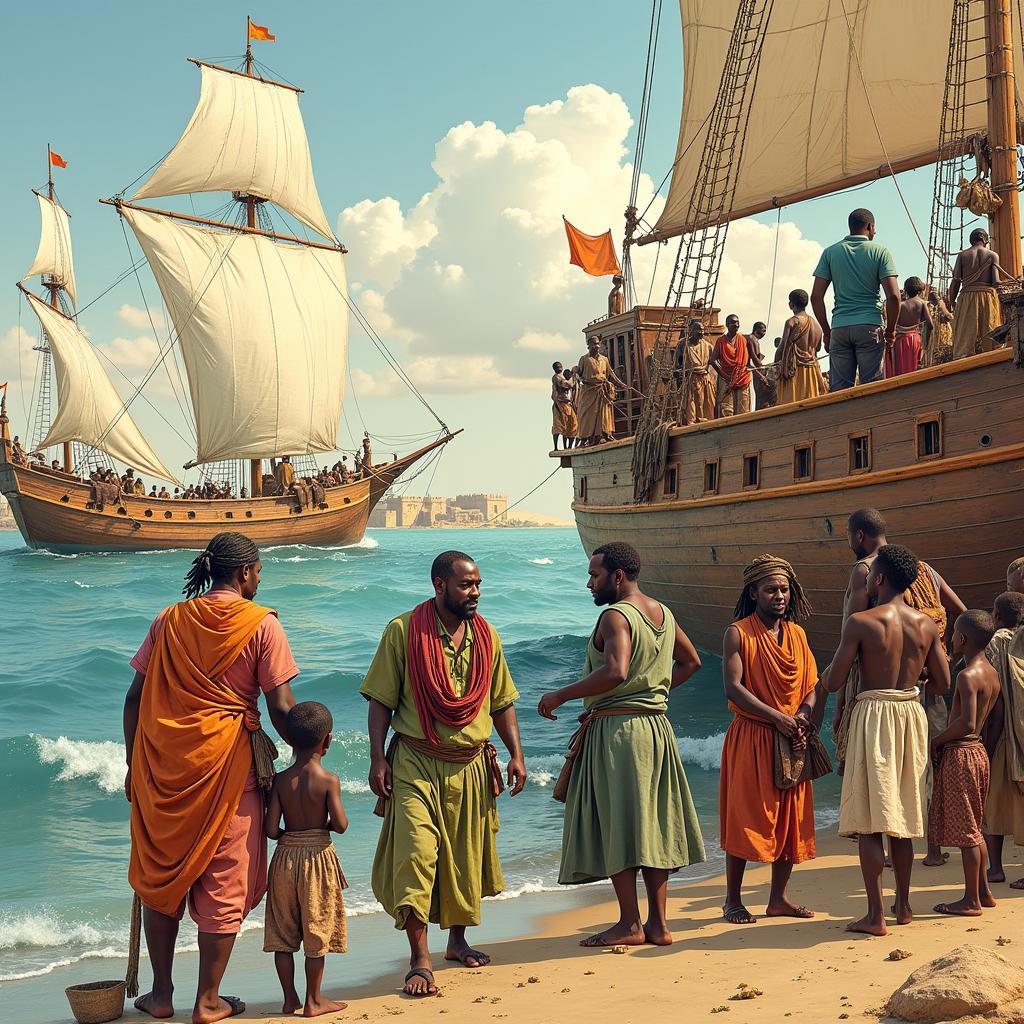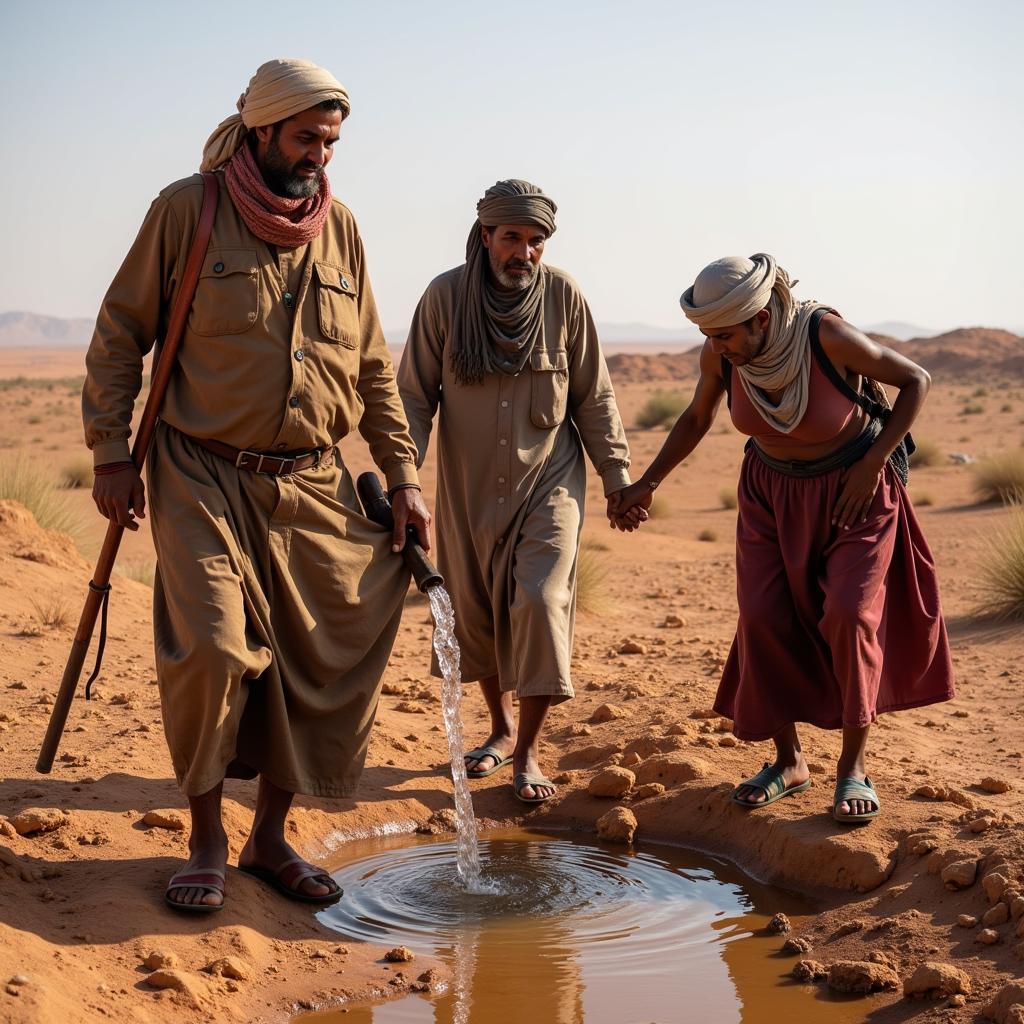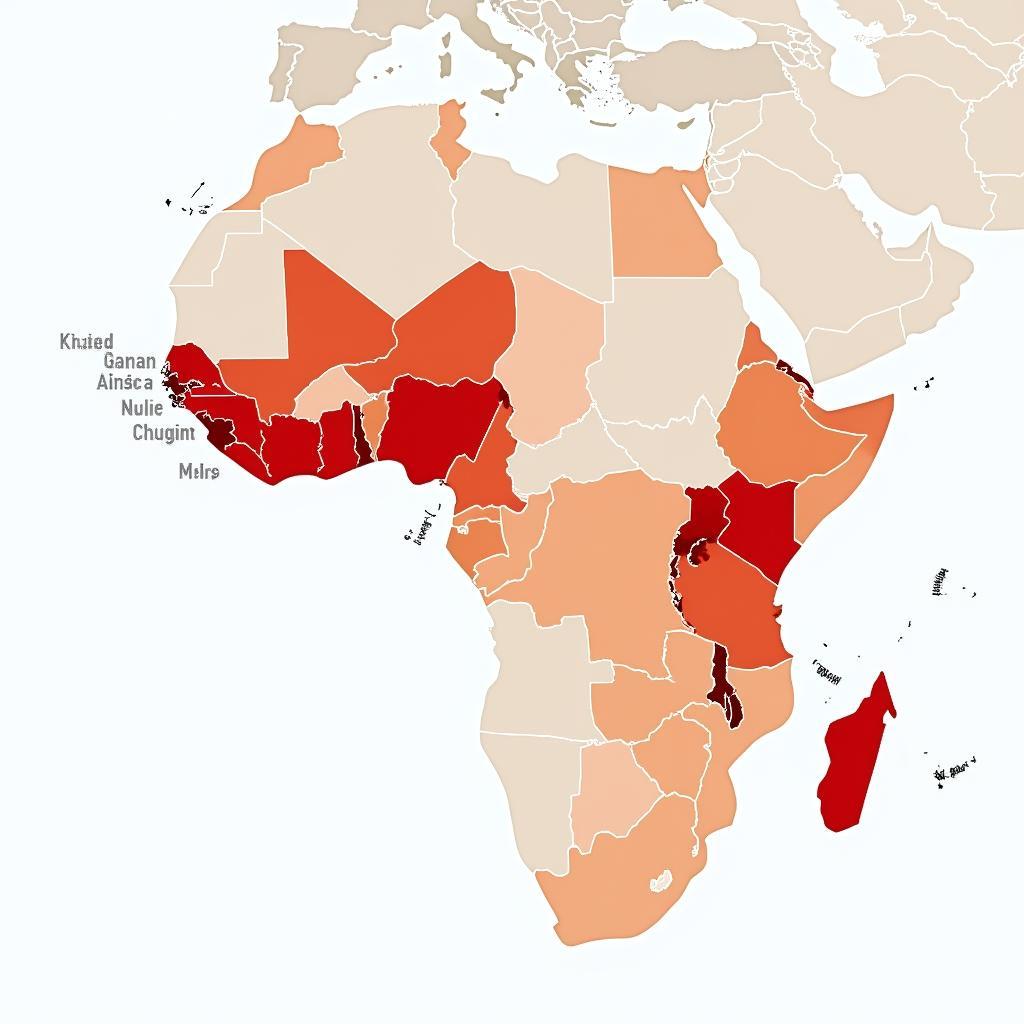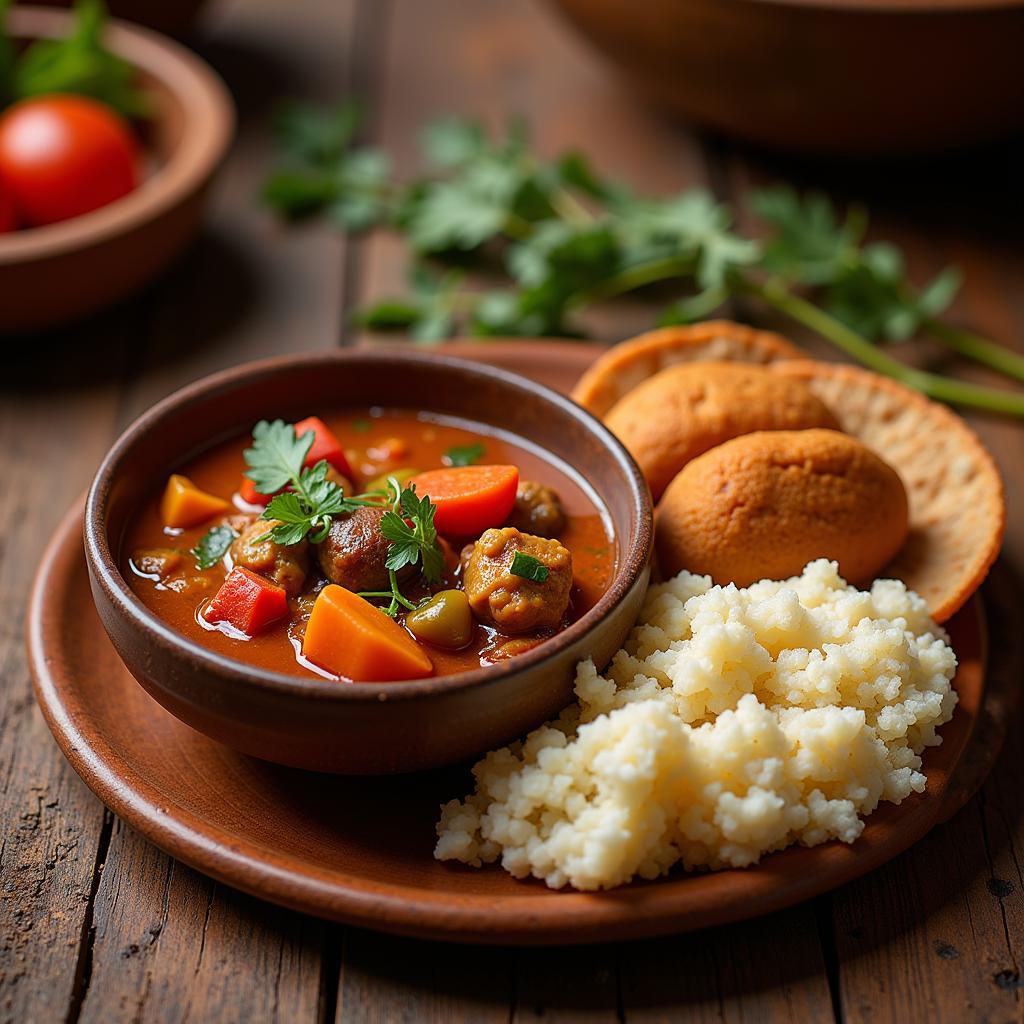Fascinating African Culture Facts for KS3 Students
African culture is rich and diverse, with a vibrant tapestry woven from the traditions of over 50 countries. From ancient empires to modern art, exploring African culture is an incredible journey. This article will uncover fascinating African culture facts perfect for KS3 students, offering a glimpse into this remarkable continent.
The Power of Storytelling in African Culture
Across Africa, storytelling isn’t just entertainment; it’s how history, wisdom, and cultural values are passed down through generations. Imagine sitting around a crackling fire, listening to elders share tales of mythical creatures and brave heroes.
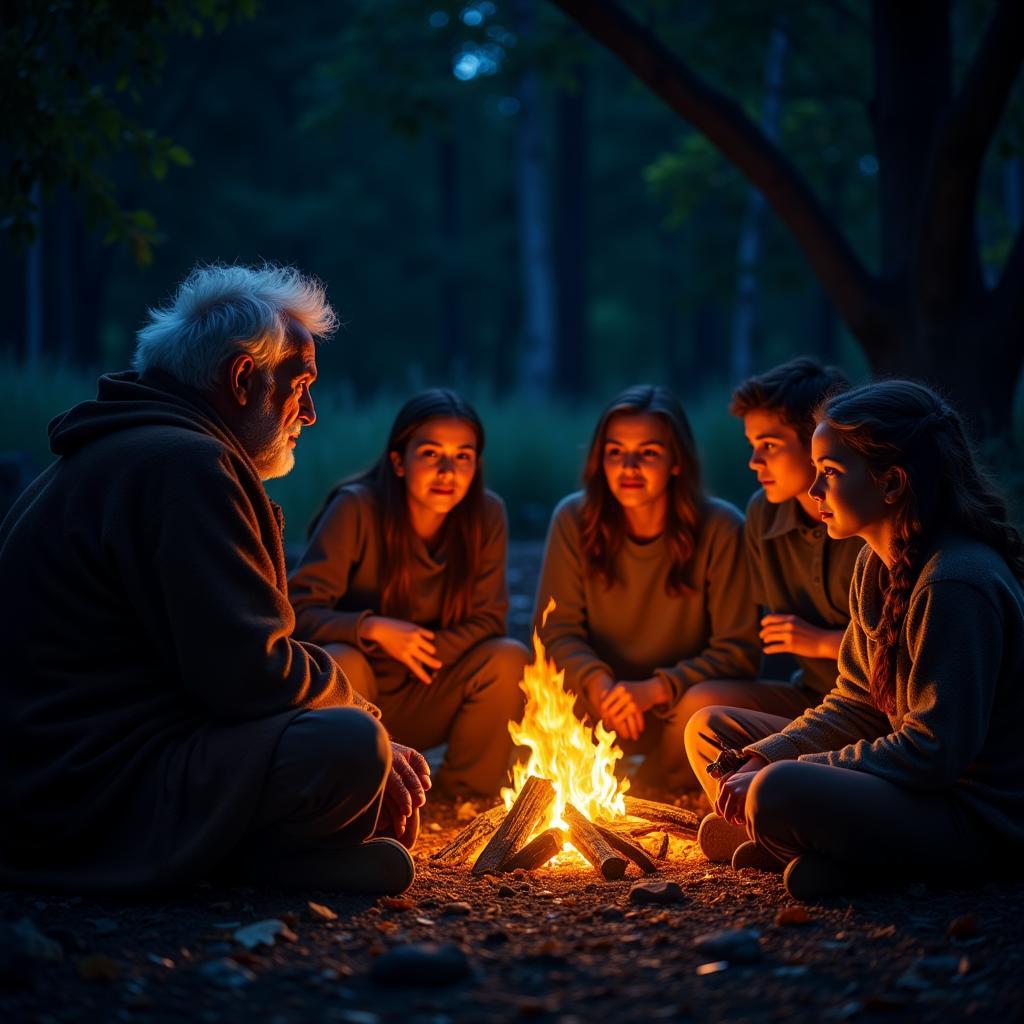 Traditional African Storytelling
Traditional African Storytelling
These stories teach important life lessons and connect people to their heritage. Think about your favorite story; chances are, it taught you something valuable too!
Music and Dance: The Heartbeat of Africa
African music is as diverse as the continent itself. From the rhythmic beats of the djembe drum to the soulful melodies of the kora, music is deeply ingrained in everyday life.
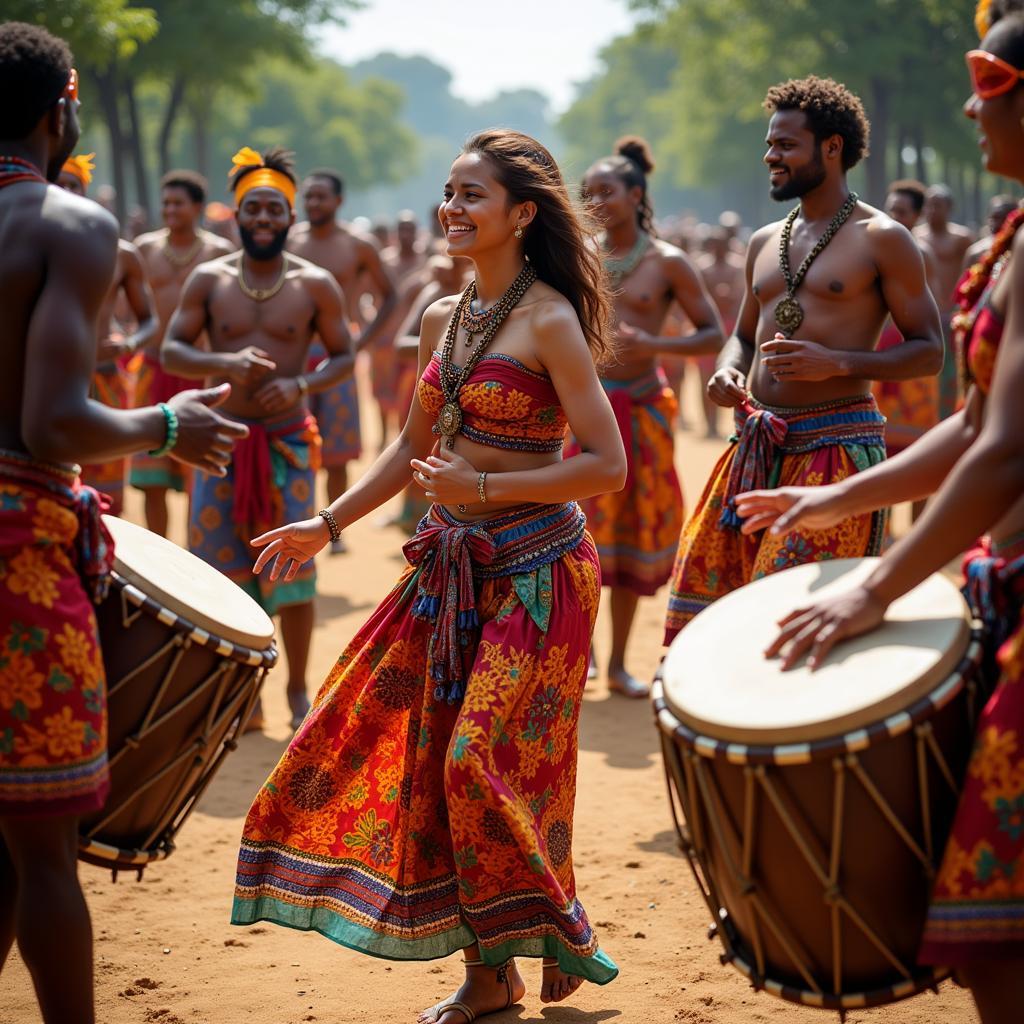 Celebration with African Drums and Dance
Celebration with African Drums and Dance
Imagine dancing at a traditional ceremony, the ground practically shaking with the energy of hundreds of people moving together in unison! Dance is an integral part of celebrations, rituals, and expressing emotions in many African cultures.
A Continent of Artistic Brilliance
African art is renowned worldwide for its unique styles and powerful symbolism. From intricate beadwork and colorful textiles to stunning sculptures and masks, art is everywhere you look.
These artistic creations aren’t just beautiful objects; they often hold deep spiritual meaning and tell stories about the cultures they come from.
Languages and Communication
Did you know that over 2,000 languages are spoken across Africa? That’s more than any other continent in the world! While many African countries have official languages often rooted in colonial history, indigenous languages are incredibly important for cultural identity and daily communication.
Respect for Elders: A Cornerstone of African Culture
In many African societies, elders are revered for their wisdom and experience. Imagine a community where grandparents aren’t just family members but respected leaders who offer guidance and knowledge.
Respect for elders is deeply embedded in African culture, and their opinions carry significant weight in decision-making.
African Culture: A Tapestry of Diversity
It’s crucial to remember that Africa is not a monolithic entity but a continent bursting with diverse cultures, languages, and traditions. What holds true for one community might be different for another, even within the same country!
This incredible diversity is what makes exploring African culture so fascinating. It’s a journey of discovery filled with vibrant colors, captivating rhythms, and ancient wisdom.
